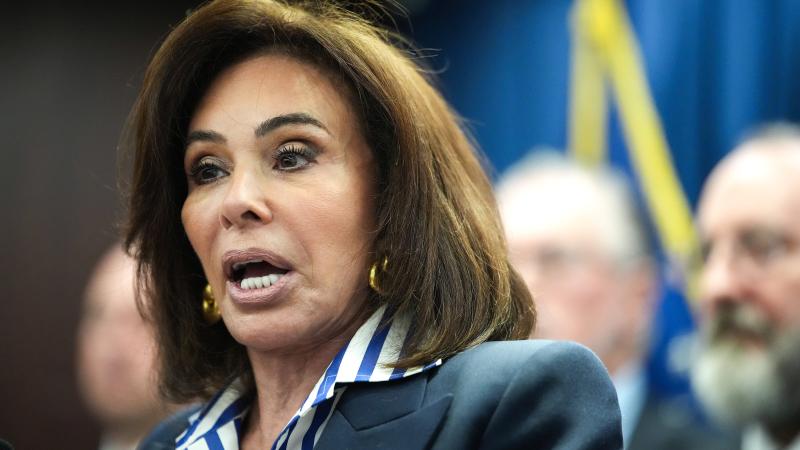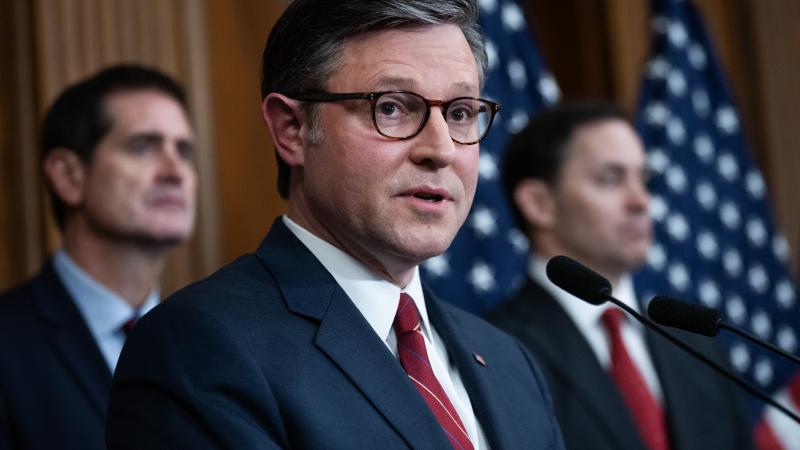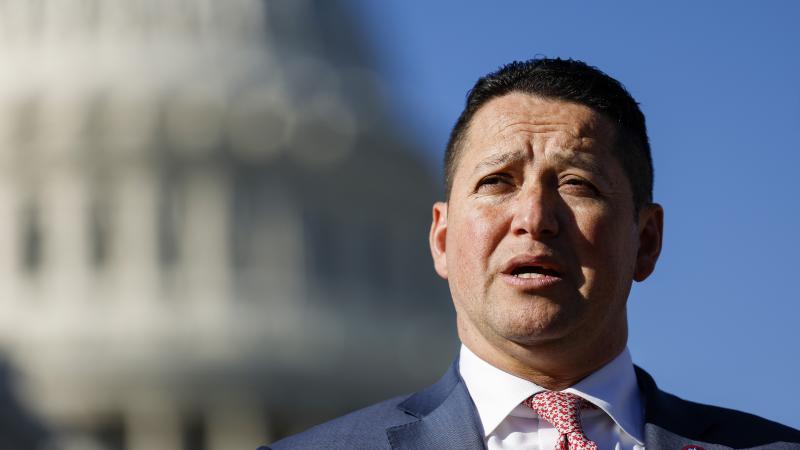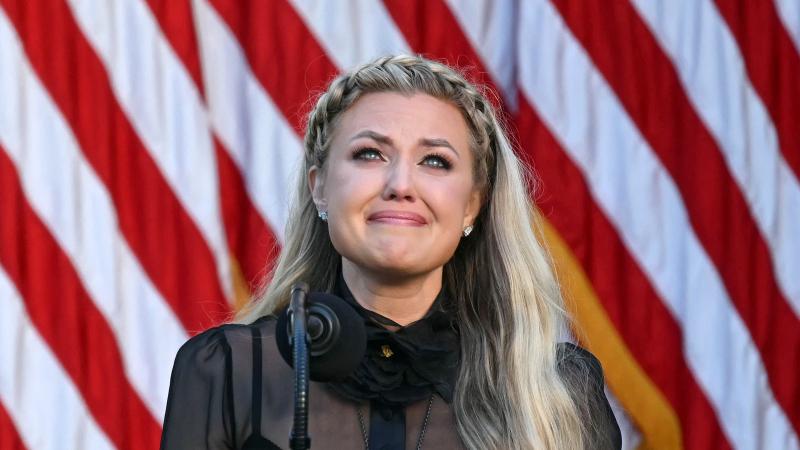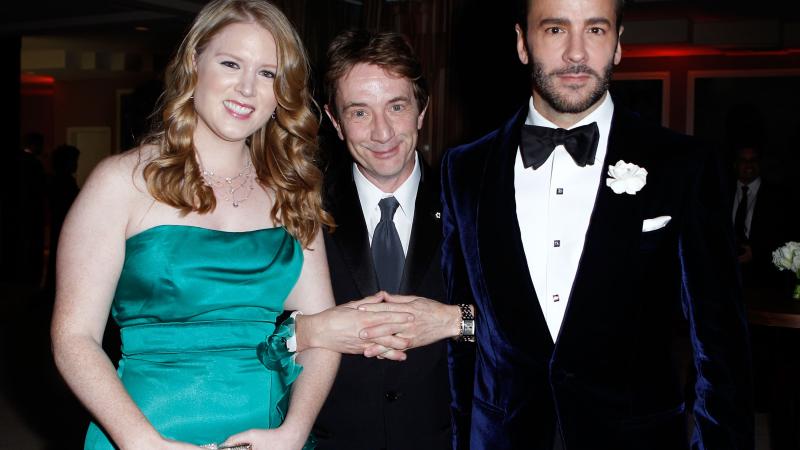Appeals judges focus on courts' role, not docs, in Trump, Biden tussle over release of Jan. 6 info
Three judges appointed by Democrats comprise the review panel
A panel of federal appeals judges on Tuesday questioned whether they had the authority to grant former President Trump’s demands to stop the White House from allowing the release of documents related to Jan. 6 Capitol riot.
The case is being heard in the U.S. Court of Appeals for the District of Columbia Circuit, with arguments from lawyers for Trump and the Democrat-led House committee seeking the records as part of its investigation into the riot.
Trump’s attorneys want the court to reverse a federal judge’s ruling allowing the National Archives and Records Administration to turn over the records after President Biden waived executive privilege, according to the Associated Press.
The National Archives has said that the records Trump wants to block include presidential diaries, visitor logs, speech drafts, handwritten notes "concerning the events of January 6" from the files of former chief of staff Mark Meadows, and "a draft Executive Order on the topic of election integrity."
Compared to U.S. District Judge Tanya Chutkan, whose ruling Trump is contesting, the three judges on the appeals court spent relatively little time weighing the importance of the documents themselves, the wire service reports.
They instead focused on what role federal courts should have when an incumbent president and former president are at odds over records from the former’s administration. The judges also noted that there may be times when a former president would be justified in trying to stop the incumbent from disclosing records.
Trump has repeatedly argued the committee's actions are primarily driven by politics and that his Jan 6 deliberations should be withheld to protect executive privilege moving forward.
It's unclear when the judges will announce a ruling. They sharply questioned both sides and challenged them with hypothetical scenarios.
To Trump’s lawyers, Judge Patricia Millett suggested a situation in which a president negotiating with a foreign leader needed to know what promises a former president had made to that leader. The incumbent might seek to release a transcript of a phone call or other records from the previous administration for national security reasons, the judge said. also according to the wire service.
"To be clear, your position is a former president could come in and file a lawsuit?" Millett said.
Trump lawyer Justin Clark responded, "That is our position."
To a lawyer for the House committee, Millett raised a scenario in which a newly elected president might seek retribution against a disliked predecessor.
The new president and a Congress led by the same party might declare that there was a national security interest in releasing all of the former president’s records, even at the risk of endangering people’s lives, she said.
“Needless to say, the former president comes to court, (says), ‘Hang on,’” Millett said. “What happens?”
She did not say she was referring to any president and rejected committee lawyer Douglas Letter's response referencing a president who "fomented an insurrection."
“We’re not going to make it that easy,” she said.
Letter argued the determination of a current president should outweigh predecessors in almost all circumstances and said Biden and Congress were in agreement that the Jan. 6 records should be turned over.
“It would be astonishing for this court to override the current president and Congress,” Letter said.
The three judges are Democratic appointees Millett and Robert Wilkins, each nominated by President Barack Obama, and Kentanji Brown Jackson, who is a Biden appointee.



